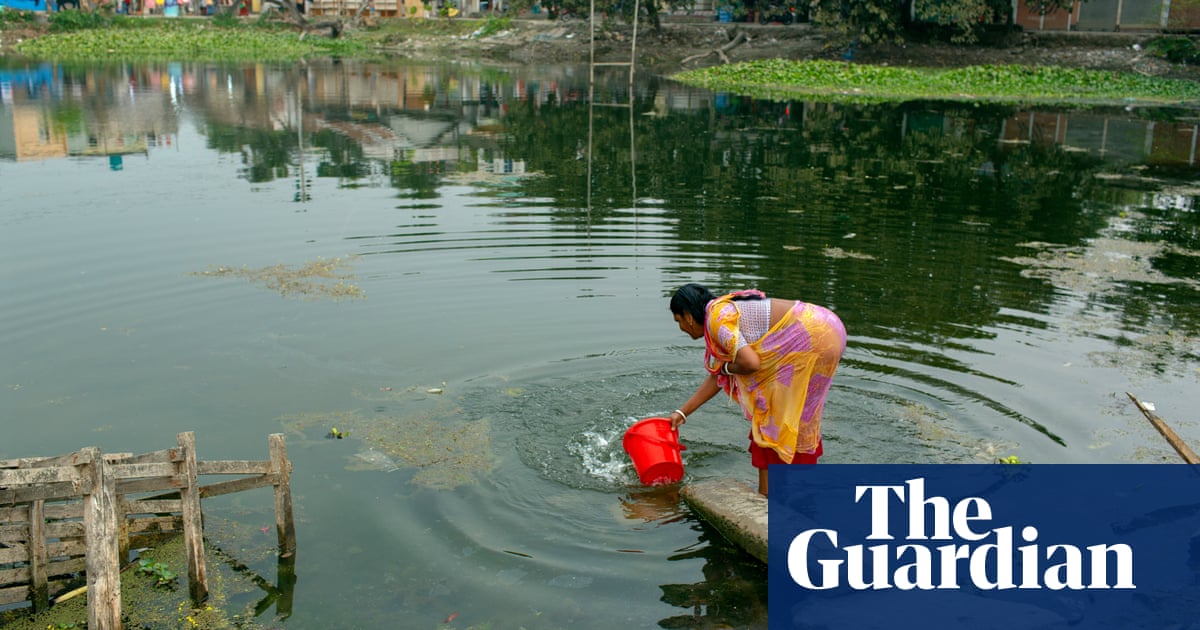
Almost half of Malawi’s district hospitals have closed their operating theatres due to a dire shortage of anaesthetics.
Maternity care has been affected by a lack of drugs, said doctors. Surgery, including caesareans, has been cancelled and patients needing emergency care have been moved hundreds of miles around the country.
The Anaesthesia Association of Malawi called the situation “an emergency” and said 11 of the country’s 28 districts had run out of drugs.
The association demanded answers from the Ministry of Health and a meeting with the Central Medical Stores Trust (CMST), which buys and supplies drugs to all public hospitals.
Joel Moyo, president of the association, said the safety of pregnant women faced with complications during their labour was a big concern.
“One of the drugs that is not available is thiopentone, which we use in surgery, especially for women who are convulsing during delivery and also those who have high blood pressure,” said Moyo.
“This [drug] has not been in the country for a year. We asked [the CMST officials] why it has not been available and it was attributed to logistical issues,” he said, adding that they had been improvising by using second-line drugs, although that was not recommended.
“We thought, ‘maybe next month things will change’, but this has been going on for a year now. But when members said that they don’t have suxamethonium, that’s when we raised a red flag. That drug is supposed to be in a [operating] theatre all the time.
“Without it, then the theatres have to be closed. You can lack some drugs, but when we don’t have this, then there is no theatre.”
Moyo said he had received worrying reports that some pregnant women who required emergency surgery were at risk as district hospitals had to refer them to central hospitals where the necessary drugs might be available.
Malawi’s health system faces immense challenges, from lack of equipment to a severe shortage of qualified staff. Poor working conditions, including low salaries, have led to health workers seeking better-paid jobs outside the country or with non-governmental organisations. People, including pregnant women, have to travel long distances to reach their nearest clinic or hospital.
Patrick Chithumba, 72, in Mulanje, southern Malawi, has been waiting several years for treatment for a painful bladder condition. When he was finally given a date for surgery earlier this month, his siblings and six children pooled their savings to pay for his transport to the hospital 140 miles (225km) away.
But when he arrived, he found the surgery had been cancelled due to a lack of anaesthetics.
“I am much traumatised with this,” Chithumba said. “Apart from the money that we’ve spent, I am in pain and my children have to take me to the local community clinic to be checked, but the help is not enough.”
New private clinics have sprung up across Malawi, profiting from the shortages by catering to those who can afford their prices.
Dr Victor Mithi, president of Malawi’s Society of Medical Doctors, said the lack of anaesthetics was the “tip of the iceberg”.
“It is very concerning because you can’t do an operation without these drugs and the fact that we don’t have them speaks a lot as to how our healthcare system is organised and governed. Some of the procedures are a matter of life and death,” he said.
“For instance, if you have a pregnant woman who you need to operate on and you don’t have these drugs, you can either lose the woman or lose the baby, and the decisions are made in haste. This is why we’re worried and we hope the government will be able to chip in and help us as fast as possible.”
“These are not the only drugs not available in hospitals,” Mithi added. Medical centres had been running out of supplies in many areas, he said.
“People don’t really speak about this,” he said. “Sometimes patients accuse us of not properly attending to them. But this is because we’re not supplied with the proper working materials.”
Herbert Chandilanga, a CMST spokesperson, said suppliers were struggling to secure stock from India and China amid “a logistics scramble worldwide”.
Malawi’s minister of health, Khumbize Chiponda, said the government planned to improve funding of the Central Medical Stores, which she said owed medical suppliers more than 19bn Malawian kwacha (£17.2m).
She said the CMST had out-of-date drugs worth more than 2bn kwacha that “may have been procured by the previous administration”.












